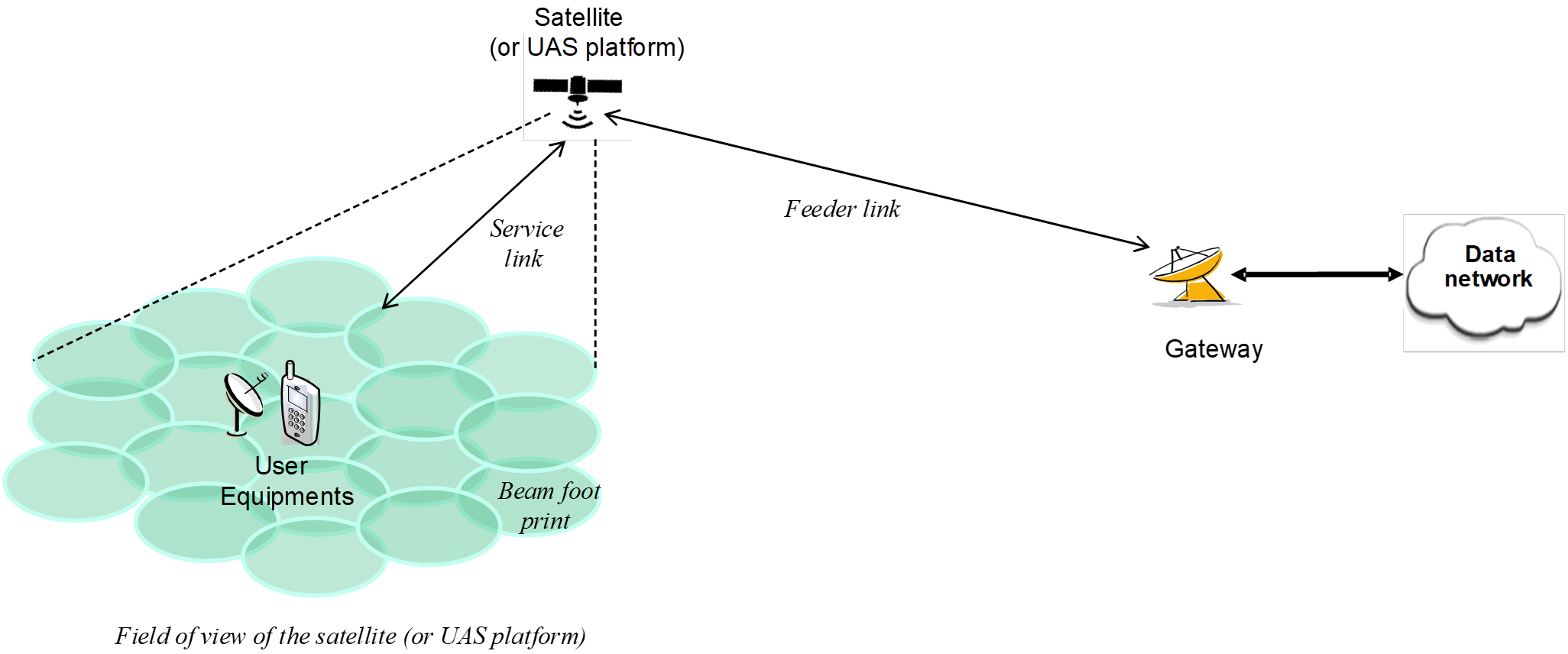Future high-speed satellite communication links
PhD - Leuven | More than two weeks ago
Over the last decades, communication networks have grown exponentially, starting with low-rate applications with GSM and now moving to high-speed mobile internet based on 5G deployment and future extensions towards 6G. Traditionally, the wireless links of cellular networks are complemented by ground connections relying on cables and optical fibers to interconnect all network components.
Complementary to that, telecommunication satellites have been initially deployed for TV broadcasting applications, but more recently they also to support other communication services. One example is to replace some of the expensive and limited sub-marine optical cables via high-throughput satellite links. Another approach builds on the recent explosion of LEO satellite fleets, offering direct user connectivity via a dense satellite network. Finally, future evolutions towards 6G look more and more at non-terrestrial networks (NTN) and the synergies they can have with the terrestrial networks.
In this PhD, we propose to design point-to-point high-throughput links between ground and satellite or between two satellites. In particular, the candidate will investigate how to design and optimize systems for those unique applications, based on the following:
As a PhD student, you will be part of a large IMEC team working on the research, implementation and prototyping of future communications systems composed of experts in digital, analog and mm-wave design, wireless communication systems, signal processing and machine learning, channel measurements and modelling. This is a unique opportunity to develop innovative, multi-disciplinary technology and shape future wireless networks. You will publish your research in top-level journals and conferences.

Required background: Electrical engineer with expertise in wireless communications and signal processing. Knowledge of channel modelling and implementation constraints is a plus. Proficiency with Matlab or Python.
Type of work: 20% literature and theory, 70% modelling and simulation, 10% design/experimental
Supervisor: Sofie Pollin
Daily advisor: Claude Desset
The reference code for this position is 2025-092. Mention this reference code on your application form.
